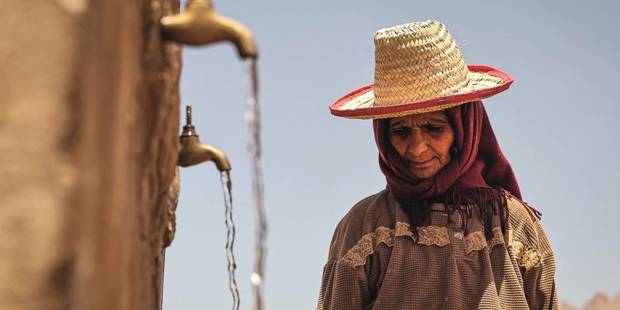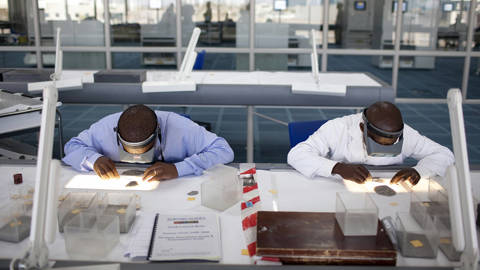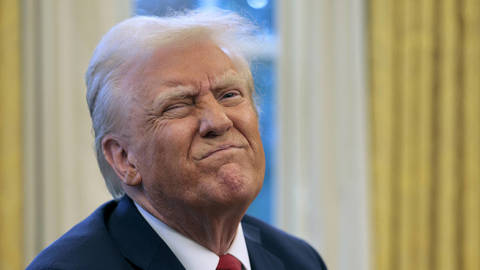Johan Rockström
Johan Rockström, Director of the Potsdam Institute for Climate Impact Research and Professor of Earth System Science at the University of Potsdam, is Co-Chair of the Global Commission on the Economics of Water.
-
Global Freshwater Supplies in the Balance

Global Freshwater Supplies in the Balance
Nov 7, 2024 Mariana Mazzucato & Johan Rockström warn that governments are doing too little too slowly about the breakdown of critical natural systems.
-
The Water-Security Crisis

The Water-Security Crisis
Sep 9, 2024 Mariana Mazzucato, et al. call attention to a global problem that demands far more attention from policymakers at all levels.
-
The Water-Security Crisis

The Water-Security Crisis
Sep 6, 2024 Mariana Mazzucato, et al. call attention to a global problem that demands far more attention from policymakers at all levels.
-
Water and the High Price of Bad Economics

Water and the High Price of Bad Economics
Dec 1, 2023 Mariana Mazzucato, et al. explain why new thinking is needed to address a crisis closely linked to climate change and biodiversity loss.
-
Climate Science Beats Climate Fatalism

Climate Science Beats Climate Fatalism
Jun 1, 2023 Carl-Friedrich Schleussner, et al. show that the more ambitious 1.5º target for global warming is still feasible – and more necessary than ever.









